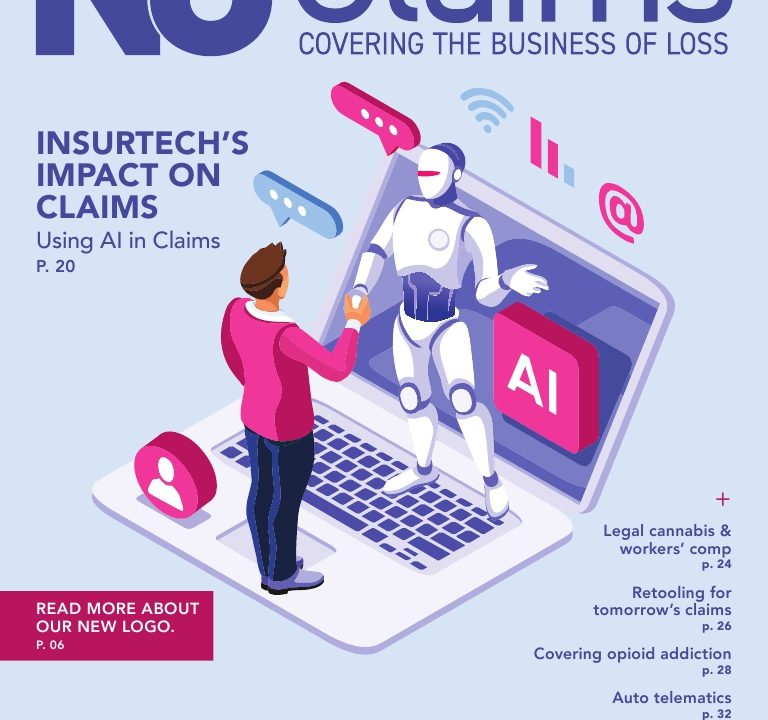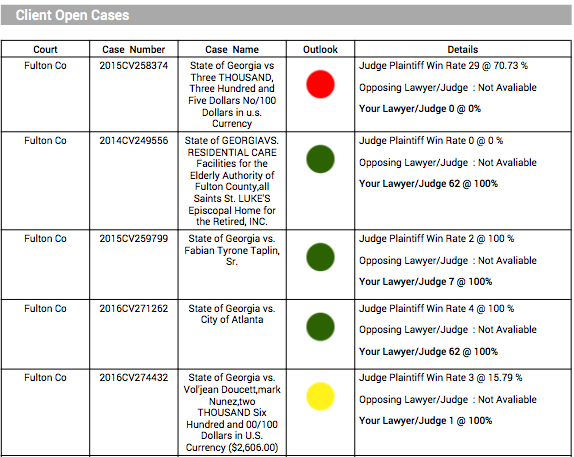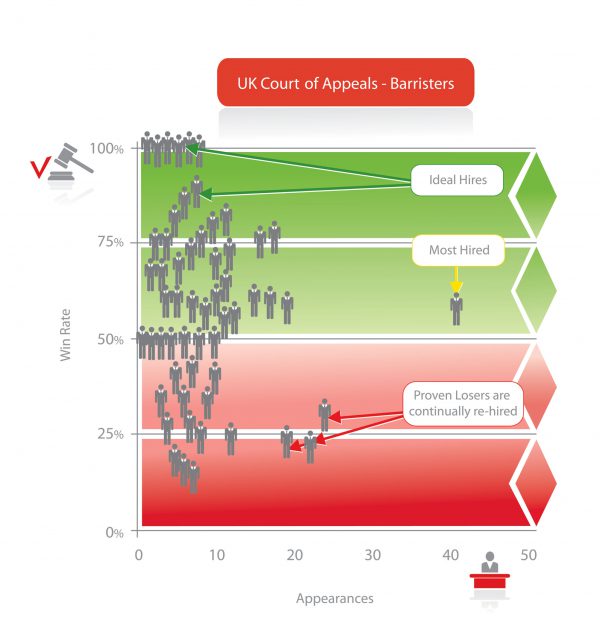Innovation Popcorn: Legal Analytics 101
Innovation Popcorn: Legal Analytics 101

Survive Law and The Legal Forecast have teamed up to provide law students with bite-sized, easy-to-understand explainers on the latest law-tech and legal innovation hot topics.
The reality of modern life is that everything we do leaves a digital footprint: every time we shout “treat yo’ self” as we swipe our debit cards or outrageously priced smart phones we leave behind a trail of data waiting to be collected.
The same goes for Facebook “likes” – in 2016 a data analytics company called Cambridge Analytica was able to use people’s Facebook data to target political advertising during the US Presidential Election (are you still wondering how Trump won?).
Now big data is threatening to change the way law is practiced by enabling progressive thinkers (and ambitious law students) to employ data analytics to reveal underlying patterns in legal trends.
Legal Analytics
Big data refers to compilations of data so large that traditional methods cannot process them. Legal analytics identifies patterns in big data so that lawyers can better understand how the legal system operates and the risks associated with a particular commercial or legal decision. It can be used to identify a variety of patterns from trends in regulations to corporate governance and counsel performance.
Of particular interest for young lawyers should be the client empowerment that legal analytics promotes by allowing consumers to evaluate their legal representation with measurable performance data, expertise in a specific nuance of law and the statistical likelihood of producing a successful outcome.
The big question is how law students and new graduates can integrate the new capabilities afforded by legal analytics into the legal profession. The Legal Forecast recently sat down with Jurimetrics’ Managing Director, Conrad Karageorge, to discuss exactly this question.
Karageorge and his team came together to found Perth-based start-up Jurimetrics after recognising that the legal industry is slow to adopt technology. It offered them the opportunity to establish the “Bloomberg terminal for law” – a hub for legal data to better inform the advice lawyers provide.
Value spotting
Legal analytics stands to uncover more effective standards of what is valuable to clients. It is therefore possible that legal analytics will make traditional value indicators such as firm branding, reputation, size and pre-existing relationships less important. For young lawyers this may mean looking to the start-up and disruption space for employment at earlier stages of their legal careers.
Toby Unwin (co-founder and CIO of US-based Premonition) believes that by crunching the numbers with big data, it becomes apparent that the current correlation between cost and outcome is weak. He is confident that Premonition will disrupt the balance of power in an industry traditionally dominated by the better-resourced party.
The way forward
The application of legal analytics does raise some ethical concerns. On one hand, it can heighten and promote transparency, though on the other it can stop clients from seeing us as the unique snow-flakes we truly are.
Despite the ethical concerns of creating fair evaluation metrics, the real intrigue is on what Karageorge calls “the story behind the data.”
For those willing to listen to that story, legal analytics offers tremendous opportunities for innovative lawyers with the will to adapt to new ideas and approach the law with a tech-informed methodology.
Source: Survive Law





